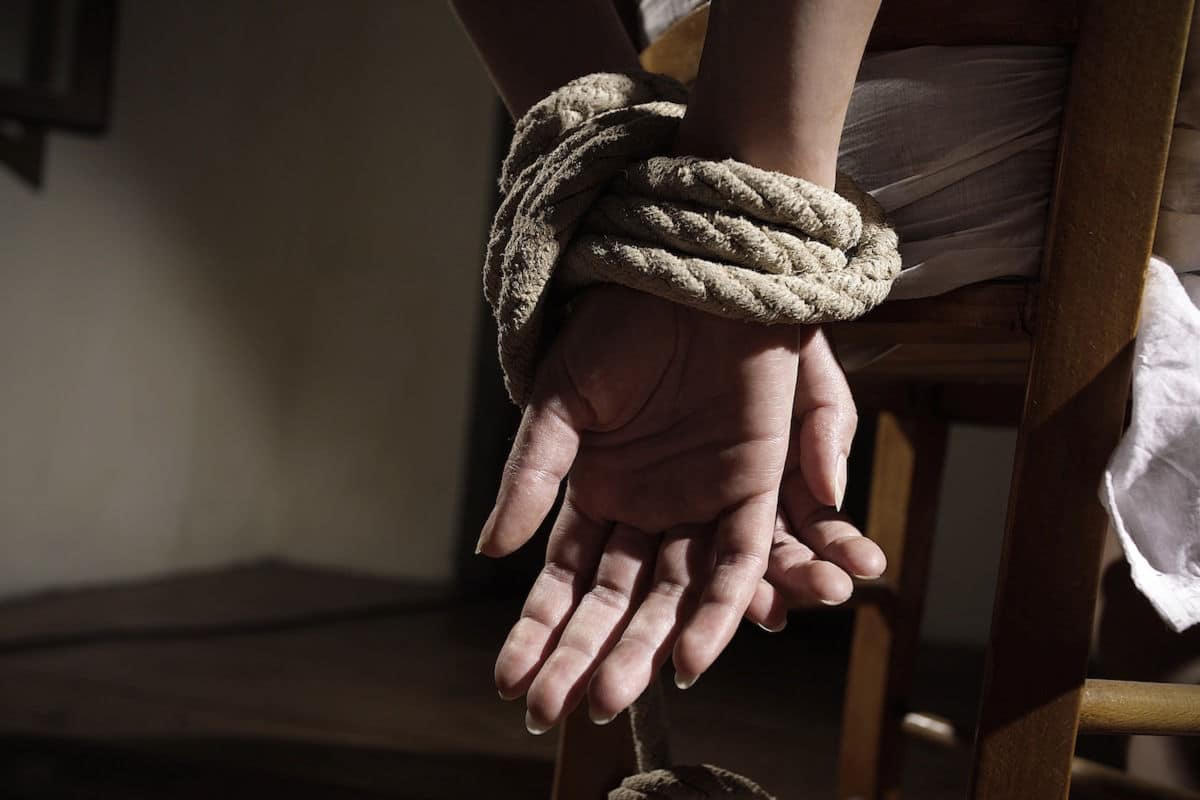Israel has given Hamas a list of 34 hostages to be released in the first phase of the proposed agreement. However, Hamas agreed to release only 22 people from this list and offered to replace the remaining 12 with the bodies of the dead and killed hostages. Israeli Prime Minister Benjamin Netanyahu categorically rejected such an exchange, saying he insisted on the release of only living captives.
Against the backdrop of the negotiations, Hamas representative Anas Al-Sharif issued an unusually harsh statement addressed to the organization’s leadership. In his audio message, he called for immediate negotiations with Israel to avoid a complete collapse. According to him, the situation in the northern part of the Gaza Strip has become catastrophic for Hamas. He acknowledged that the Israeli army had made significant advances in areas previously considered militant strongholds such as Jabaliya, Beit Hanoun and Beit Lahiya.
Al-Sharif used the term “new Nakba” to describe what was happening, comparing the situation to the events of 1948, when many Palestinians were forced to flee their homes. He warned that if the Hamas leadership does not change its strategy, the entire Gaza Strip will be on the brink of destruction. Al-Sharif also stressed the need for flexibility in negotiations, including the return of all prisoners, similar to the 2011 Shalit deal, when Israel released hundreds of Palestinian prisoners in exchange for one Israeli soldier.
One of the key obstacles to the agreement remains the categorization of hostages. According to the Egyptian publication Al-Ghad, Israel has included 11 men on the release list, whom Hamas considers reservists and potential military personnel. The terrorist organization refuses to release them in the early stages of the agreement, saying that these individuals should remain captive as a “strategic resource.”
Meanwhile, Egypt and Qatar are trying to play the role of mediators, putting pressure on both sides to overcome differences. Their efforts are aimed at preventing further deterioration of the humanitarian crisis in the region.
Amid the negotiations, Israel is preparing a report to submit to the UN. The document, which will be presented to the special rapporteur, contains evidence of torture, starvation, humiliation and sexual violence to which Israeli hostages have been subjected since October 7. Israeli Ambassador to the UN Danny Danon said the report will include numerous testimonies from freed hostages, as well as details of atrocities committed by Hamas militants.
The allegations increase international pressure on Hamas, calling into question its ability to act as a responsible negotiator.
The situation remains extremely difficult. Israel insists on maintaining its position while Hamas faces internal challenges and the loss of control over key territories. In the coming days, the decision on the fate of the hostages will become a test not only for the parties to the conflict, but also for the international community, which is trying to prevent further deterioration of the situation.
Earlier, Kursor reported that the representative of the Hamas media service in Gaza, Anas Al-Sharif, released an audio recording in which he openly called on the organization’s leadership for immediate negotiations with Israel in order to save the city of Gaza.











